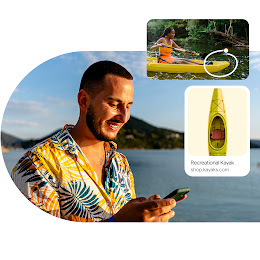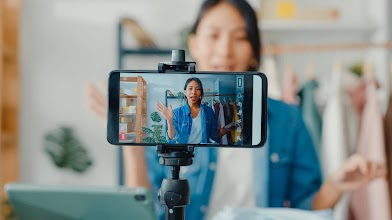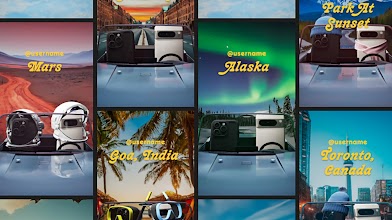Discovery to Decisions: Marketing in the AI era

Lead the pack on AI transformation and navigating consumer behavior heading into H2




Consumer Insights
-
 Consumer journeys have changed. Find out how the 4S behaviors can redefine your marketing
Consumer journeys have changed. Find out how the 4S behaviors can redefine your marketing -
 New research shows video’s vital role in the shopping journey. Here’s how to keep up
New research shows video’s vital role in the shopping journey. Here’s how to keep up -
 Retail never stands still. Here’s how marketers can keep pace
Retail never stands still. Here’s how marketers can keep pace -
 Put influence maps at the core of your marketing strategy. Here’s how
Put influence maps at the core of your marketing strategy. Here’s how
Search & Video
AI Excellence
Future of Marketing
Measurement
Get Think with Google in your inbox
Sign up to receive your selected communications from Google LLC and its affiliates. Your information will be used in accordance with Google’s privacy policy. You may opt out at any time.

















